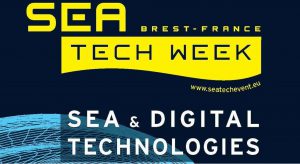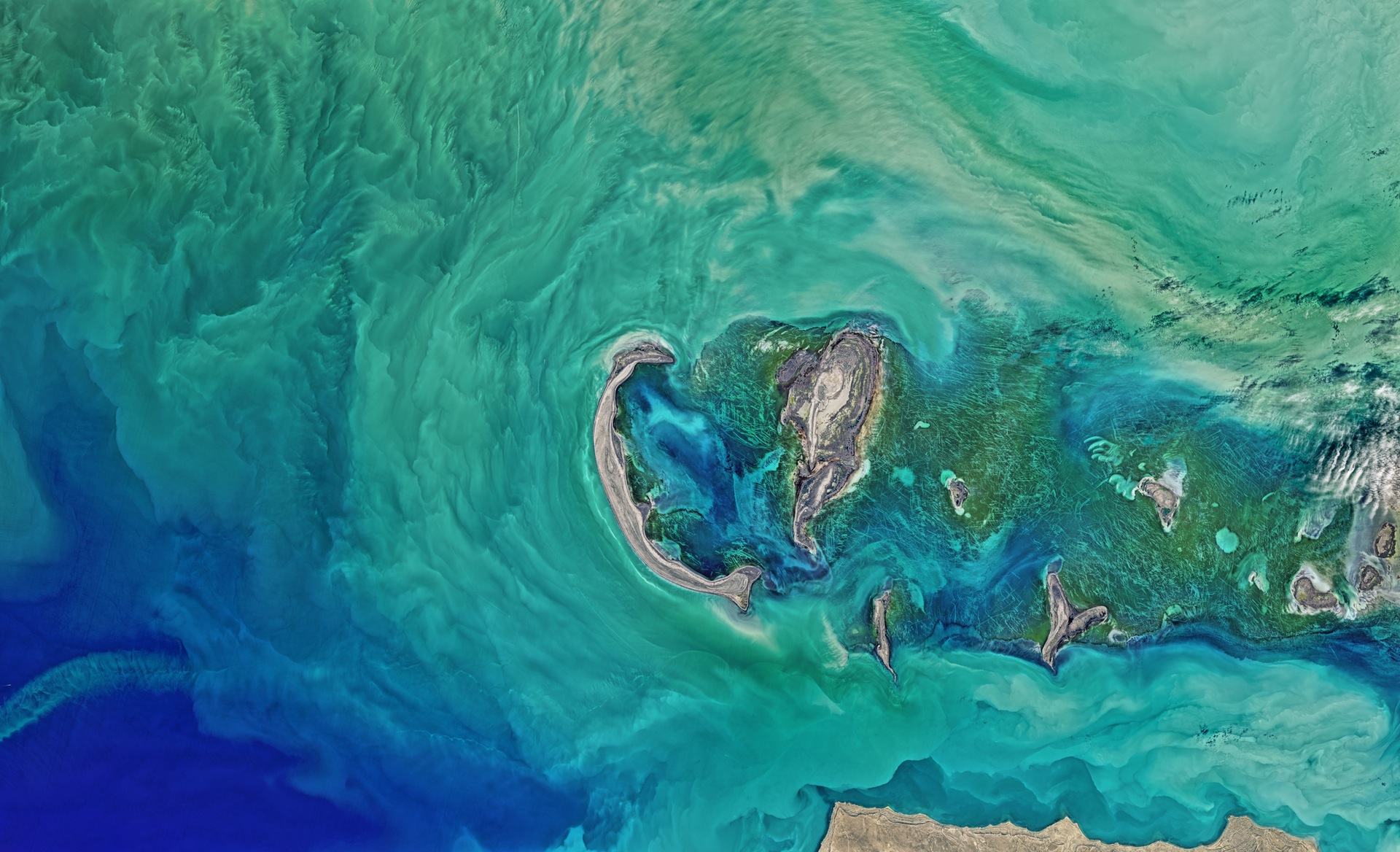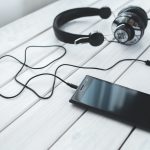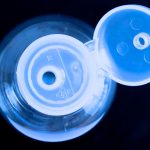Sea Tech Week: Key issues of a connected ocean
The sea is becoming increasingly connected, with the development of new real-time transmission sensors. The aggregated data is being used to improve our understanding of the role oceans play in climate issues, but several challenges must be considered: the development of autonomous sensors and the pooling of research on a global level. This was the subject of Sea Tech Week, which took place in Brest from October 10 to 14, bringing together international experts from different disciplines relating to the sea.
From renewable marine energies and natural resources to tourism… The sea has many uses – we swim in it, travel on it and exploit all it has to offer. By 2030, the ocean economy (or blue economy) is expected to create great wealth and many jobs. In the meantime, before we reach that distant point in the future, Télécom Bretagne is combining expertise in oceanography with information and communication technology in order to further research in this field.
A global topic
Although the subject was left out of climate conferences up until 2015, the ocean is constantly interacting with the environments around it. It is at the very heart of the subject of climate change. In fact, it is currently the largest carbon sink in existence, leading to acidification, with irreparable consequences for marine fauna and flora.
In this current context, there is an increasing need for measurements. The aim is to obtain an overview of the ocean’s effects on the environment and vice versa. All different types of parameters must be studied to obtain this global view: surface temperatures, salinity, pressure, biological and chemical variables, and the influence of human activities, such as maritime traffic. René Garello, a researcher at Télécom Bretagne, in a presentation delivered on the first morning of Sea Tech Week, explained the challenges involved in integrating all this new data.
A connected ocean for shared research
The study of the marine world is not immune to recent trends: it must be connected. The goal is to use technological resources to allow large volumes of data to be transmitted by developing coding. This involves adapting aspects of connected object technology to the marine environment.
One challenge involved in the connected ocean field is the development of sophisticated and more efficient sensors to improve in-situ observation techniques. René Garello refers to them as smart sensors. Whether they are used to examine surface currents, or acoustic phenomena, these sensors must be able to transmit data quickly, be autonomous, and communicate with each other.
However, communication is necessary for more than just the sensors. Scientific communities also have their part to play. “On the one hand, we make measurements, and on the other we make models. The question is whether or not what is carried out in a given context is pooled with other measurements carried out elsewhere, allowing it to be integrated to serve the same purpose,” explains René Garello.
Another challenge is therefore to prevent the fragmentation of research which would benefit from being correlated. The goal is to pool both data and stakeholders by bringing together chemical oceanographers and physical oceanographers, modelers and experimenters, with the ultimate aim of better orchestrating global research.
A parallel concern: Big Data
“Currently, only 2% of data is used. We are forced to subsample the data, which means we are less efficient,” observes René Garello. The need to collect as much material as possible is counterbalanced by the human capacity to analyze the material in its entirety. In addition, the data must be stored and processed in different ways. According to René Garello, future research must be carried out in a restrained manner: “Big Data leads to a paradox, because the goal of the research is to decrease data size so users receive a maximum amount of information in minimum amount of space.” Smart sensors can allow a balance to be struck between data compression and Big Data by using an input filtering process, and by not collecting all data, so that work can be carried out on a human scale.
Towards standardization procedures
Not many standards currently exist in the marine sphere,. The question of data integrity and how it represents reality is the last major issue. Satellite sensors are already properly codified, since their measurements are carried out in an environment in which the measurement conditions are stable, unlike in-situ sensors, which can be dragged away by drifting objects and buoys. In this context of mobile resources, the sample must be proven reliable through the prior calibration of the measurement. Research can help to improve this concept of standards.
However, basic research alone is not sufficient. The future also requires links to be forged between science, technology and industry. In a report published in April 2016, the OECD foresees the creation of many ocean-related industries (transport, fishing, marine biotechnology, etc.). How will current research help this blue economy to take shape? From the local context in Brest, to European research programs such as AtlantOS, these issues clearly exist within the same context: everything is interconnected.
[box type=”shadow” align=”” class=”” width=””]

Sea Tech Week : A week dedicated to marine sciences and technology
Every two years in Brest, workshops and trade shows are organized in relation to sea-related disciplines. The week is organized by the Brest metropolitan area with support from several research and corporate partners. In 2014, over 1,000 participants arrived in Brittany for this event, 40% of whom were international visitors. In 2016, the event focused on digital technology, in connection with the French Tech label, and addressed the following topics: observation, robotics, modeling, sensors… via 18 conferences led by experts from around the world. Find out more [/box]





Leave a Reply
Want to join the discussion?Feel free to contribute!